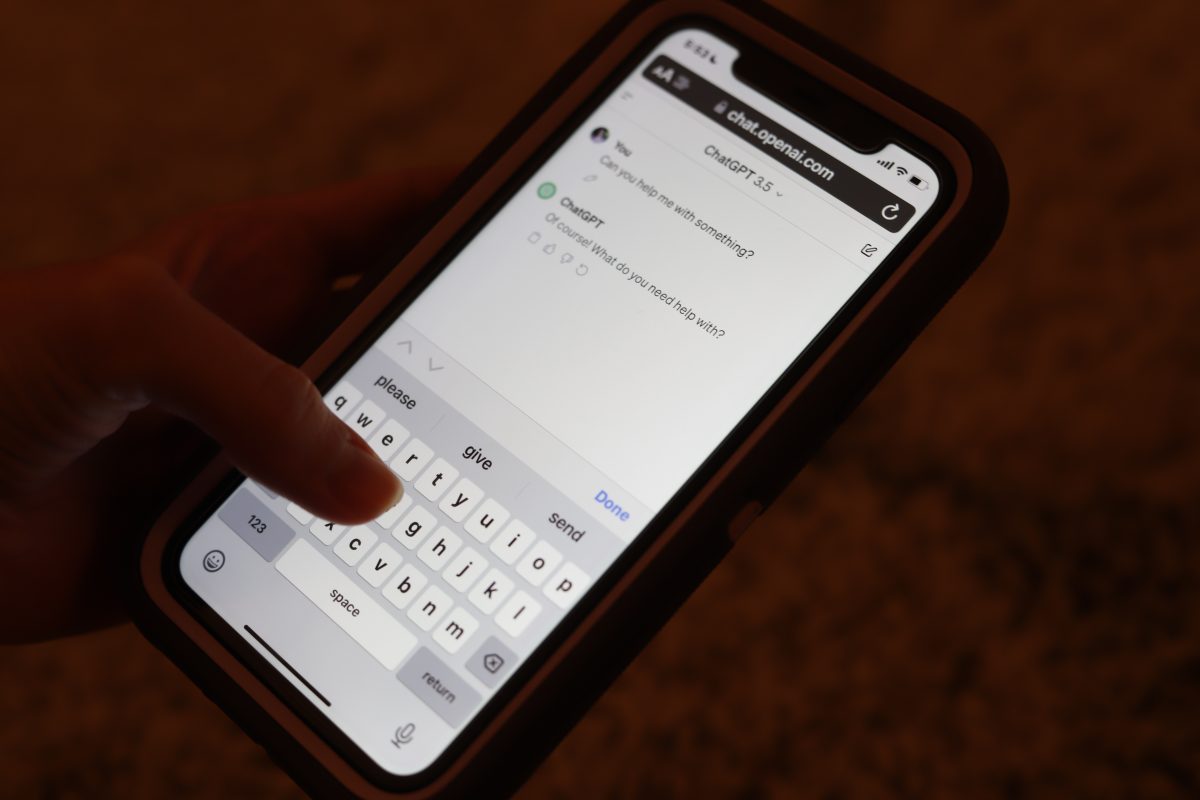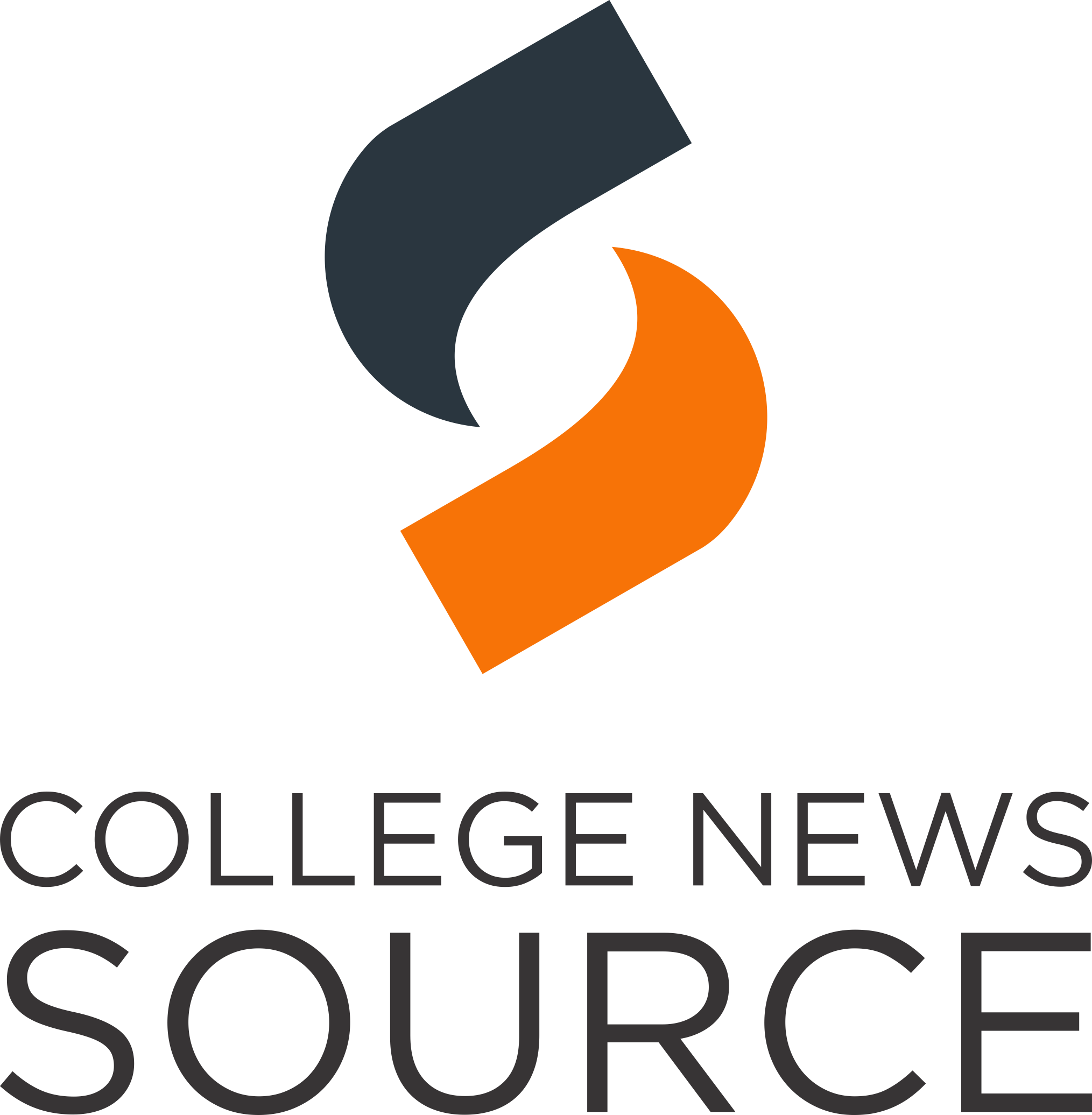A little over a year ago, the world was introduced to the wonders of OpenAI’s ChatGPT. Since then, artificial intelligence has been taking the world by storm and, in some ways, changing everything we know about life. Especially education.
With sudden access to AI-generated writing programs and other AI devices, many universities have been struggling to adapt their policies quickly enough to keep up.
About 56% of college students have used AI on assignments or exams, according to a recent survey conducted by BestColleges. However, many schools still haven’t taken action to limit the use of AI and address when it should be used in a classroom environment.
“‘Preventing student cheating’ jumped to the top instructional challenge reported by instructors in 2023, up from the 10th in 2022,” according to a 2023 report on bridging student and faculty perspectives on digital learning. “Despite this concern, institutions have been slow to respond with changes to policy: only 3% of institutions have developed a formal policy regarding the use of AI tools, and most (58%) indicated they will begin to develop one ‘soon.’”
It’s a little scary to think about how easily students can get away with cheating through AI. If students have the ability to have full essays written for them in seconds, then what will that mean for the value of a college degree?
For some, the easiest solution may seem to be removing AI from the curriculum entirely, but I disagree.
A recent study on AI exposure found that workers with a bachelor’s degree or more (27%) are more than twice as likely as those with a high school diploma only (12%) to see the most exposure to AI.
This semester, it’s been surprising to see many professors at Clemson taking on the task of creating their own AI policies for their courses and embracing its use in the classroom. One would think most educators see AI as a damaging tool in education that only introduces new methods for cheating, but many are embracing it.
About 60% of educators reported using artificial intelligence in the classroom, according to a recent survey conducted by Forbes.
More and more teachers are beginning to see the benefits of AI and the reality that it could become a crucial skill for their students to have a lot sooner than we might think.
In 2022, 35% of companies reported using AI in their business, and an additional 42% reported they are exploring AI, which was up four points from the previous year, according to the IBM Global AI Adoption Index 2022.
These figures may not seem like big numbers now, but AI use in the workplace will continue to increase as more businesses begin to explore its advantages and learn to use it. Adapting to this new form of technology will be very important in education, and especially in higher education.
We’re entering a time when graduating students who are about to enter the workforce are going to have to adapt to the world around them to keep up with their peers. Eventually, the ability to use AI may become a requirement for many jobs, which is why it needs to be taught now.
It won’t be long before many college students begin to list skills in “AI” on their resumes and ultimately stand out in their applications because of it.
Madison Akers is a senior communication major from Easley, South Carolina. You can reach her at [email protected].











